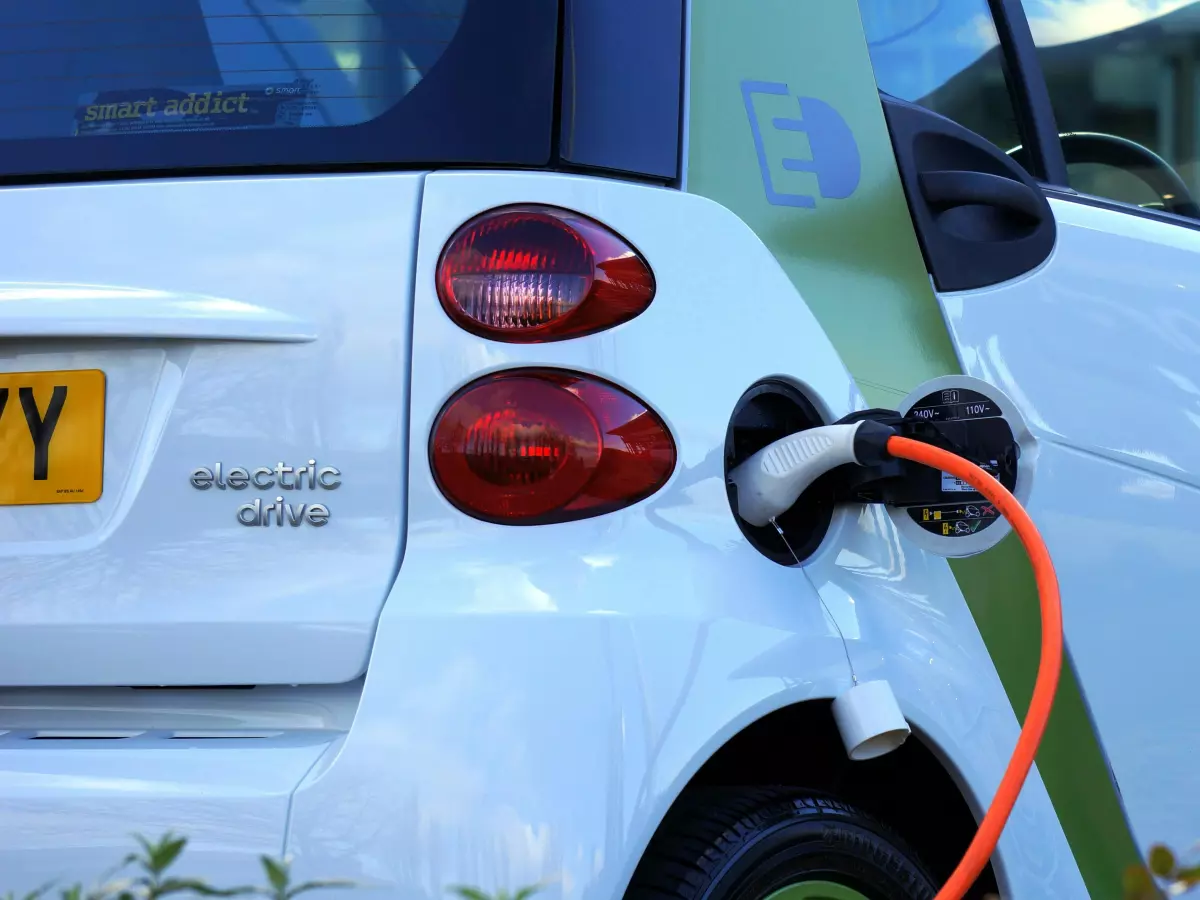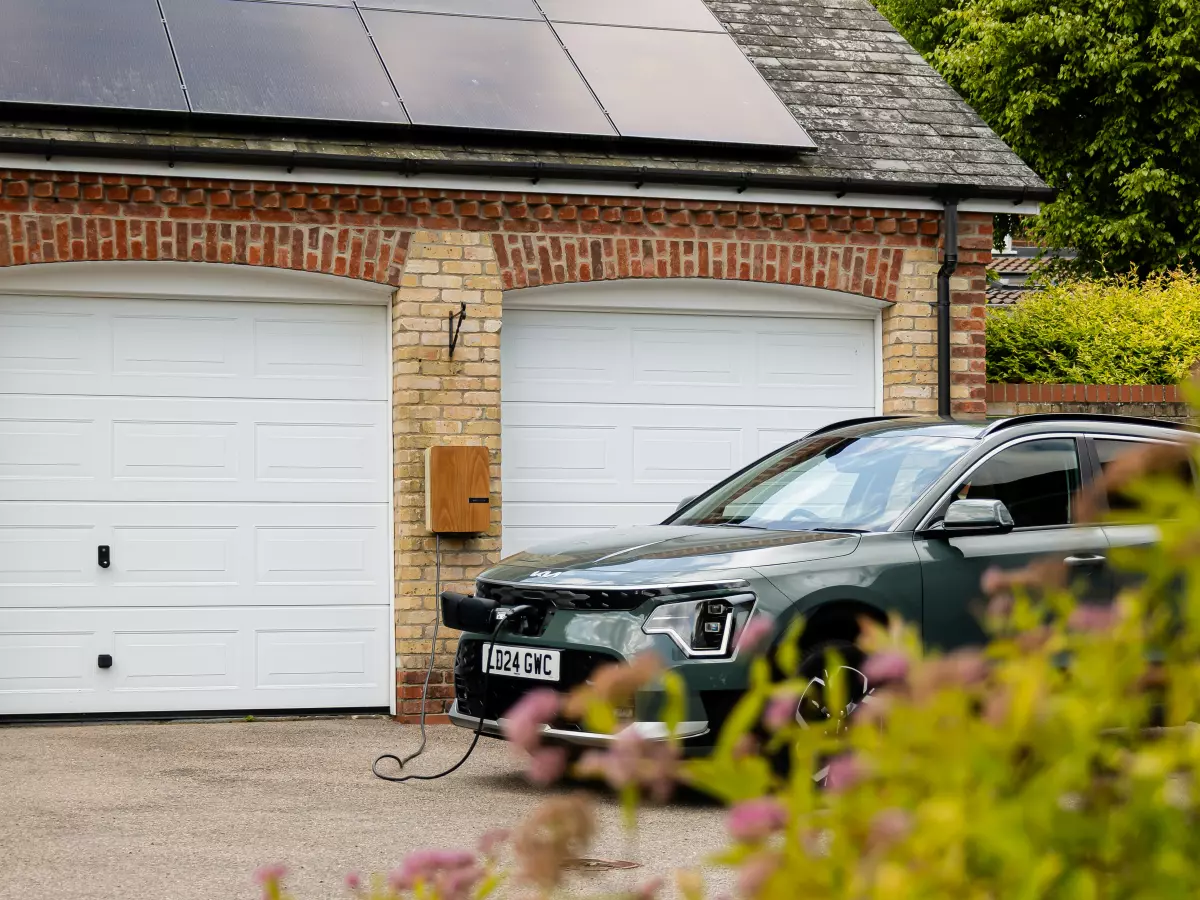Solar Revolution
What if I told you that your next electric vehicle (EV) could run forever without ever needing to plug in? Sounds like science fiction, right? Well, buckle up, because a new solar-powered EV is promising exactly that—unlimited range. And it's not just some pie-in-the-sky dream; it's happening right now.

By Mia Johnson
Since the dawn of the electric car, we've been chasing one elusive goal: a vehicle that doesn't need to stop and recharge. Sure, we've made huge strides with battery technology, fast charging, and even wireless charging. But what if we could bypass all that? Enter the solar-powered EV, equipped with 9 solar panels, which claims to offer unlimited range. Yes, you read that right—unlimited.
According to Innovant, this revolutionary vehicle could be the game-changer the EV world has been waiting for. The idea of using solar panels to power cars isn't new. In fact, the first solar car was built way back in 1955 by a General Motors engineer. But until now, the technology has been more of a novelty than a practical solution. So, what's changed?
How Does It Work?
Let’s break it down. This new solar-powered EV is equipped with 9 solar panels that absorb sunlight and convert it into electricity. The electricity is then used to charge the car's battery while you're driving or even when it's parked. In theory, if you're in a sunny enough location, you could drive indefinitely without ever needing to plug in. Sounds like a dream come true, right?
But before you start imagining yourself cruising down the highway in a solar-powered chariot, there are a few things to consider. First, the amount of energy these panels can generate depends heavily on where you live. If you're in Arizona, you're probably golden. But if you're in Seattle, well, you might still need to hit up a charging station every now and then.
The Catch
Of course, nothing is perfect. While the idea of unlimited range is tantalizing, it's important to remember that solar panels have their limitations. They can only generate so much energy, and that energy has to be stored somewhere. This means that the car still relies on a battery, and the size and efficiency of that battery will determine just how far you can go on solar power alone.
Additionally, solar panels are most effective when they're positioned directly under the sun. So, if you're driving at night or in cloudy conditions, you're not going to get much juice from those panels. That said, even in less-than-ideal conditions, the panels can still provide a significant boost to your range, reducing the frequency with which you'll need to plug in.
What Does This Mean for the Future?
So, is this the future of transportation? It very well could be. As solar technology continues to improve, we could see more and more vehicles equipped with solar panels, reducing our reliance on traditional charging infrastructure. Imagine a world where gas stations and charging stations are a thing of the past, and your car is powered entirely by the sun. It’s a future that’s closer than you might think.
But for now, this solar-powered EV is still in its early stages. While it’s an exciting development, it’s not quite ready to replace your Tesla just yet. However, it’s a huge step in the right direction, and it’s only a matter of time before solar-powered cars become a common sight on our roads.
In the end, whether or not this particular vehicle lives up to the hype, one thing is clear: the future of transportation is bright—literally. Solar power has the potential to revolutionize the way we think about cars, and this new EV is just the beginning.





